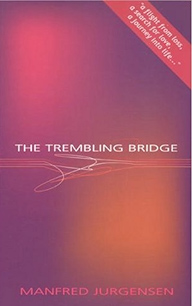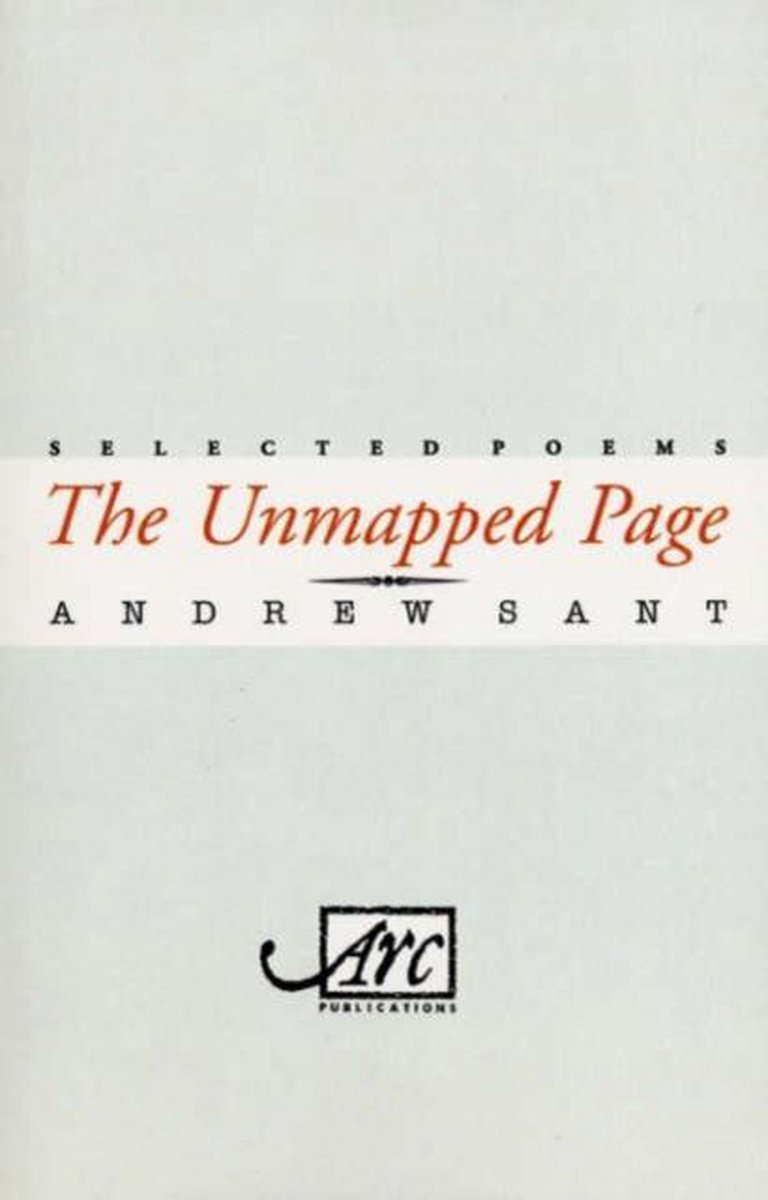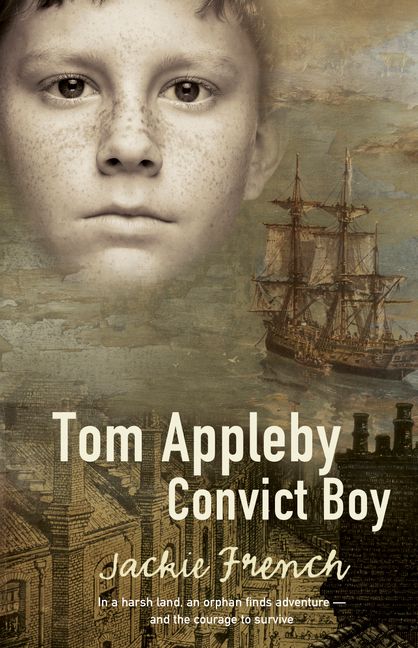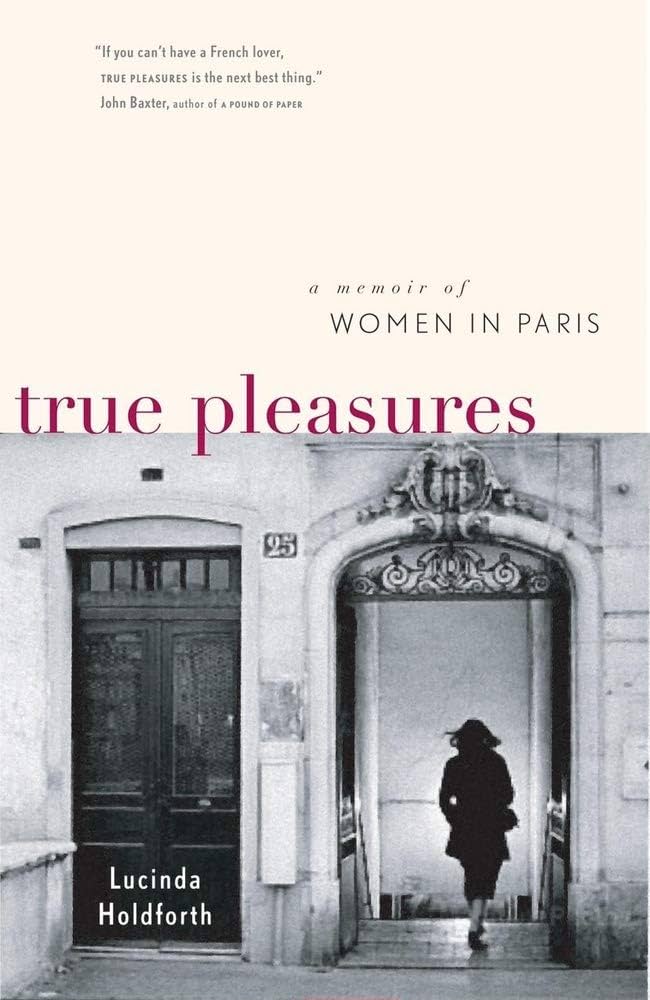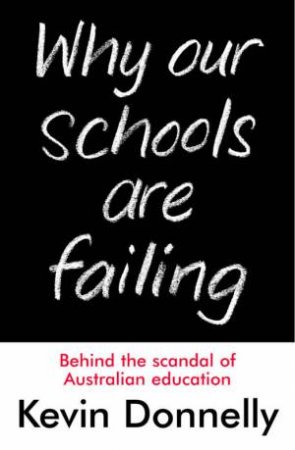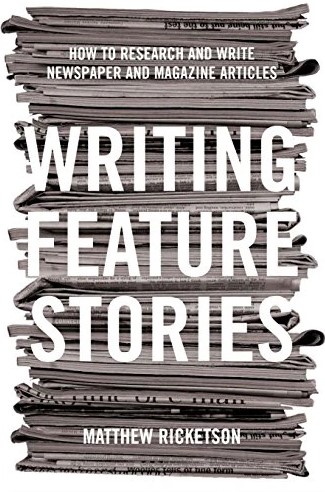Archive
Film | Theatre | Art | Opera | Music | Television | Festivals
Welcome to ABR Arts, home to some of Australia's best arts journalism. We review film, theatre, opera, music, television, art exhibitions – and more. To read ABR Arts articles in full, subscribe to ABR or take out an ABR Arts subscription. Both packages give full access to our arts reviews the moment they are published online and to our extensive arts archive.
Meanwhile, the ABR Arts e-newsletter, published every second Tuesday, will keep you up-to-date as to our recent arts reviews.
Recent reviews
The Trembling Bridge by Manfred Jurgensen & Dancing with the Hurricane by Leon Silver
Tom Appleby, Convict Boy by Jackie French & Stoker's Bay by Peter Jeans
True Pleasures: A memoir of women in Paris by Lucinda Holdforth
Vaclav Havel and Nobel Laureates Call for the Release of Imprisoned Burmese Writers
Fourteen Nobel Literature Laureates – along with Vaclav Havel, former President of the Czech Republic and renowned playwright, and Jiri Grusa, acclaimed Czech writer and President of International PEN – have urged Senior General Than Shwe of the Burmese Military Junta to release Nobel Peace Laureate Daw Aung San Suu Kyi and other imprisoned Burmese writers. These include 74-year-old editor U Win Tin, who is serving twenty years’ hard labour, and poet and journalist U Aung Myint, who was condemned to twenty-one years’ imprisonment. In a letter delivered to Burmese embassies in Bangkok, Berlin, London, New Delhi, Tokyo, Washington DC and other cities on April 13, Havel and the Laureates wrote:
... (read more)
